At Allgood Farm, every ingredient we use is carefully chosen to create the perfect balance of drainage, aeration, and nutrition. Each of our sustainable soil blends is designed to keep your houseplants thriving, and we mix them carefully in small batches to ensure even distribution.
If you’ve ever wondered what makes the best soil mix for houseplants, here’s a guide to the ingredients we use — and why they matter.
✨ Tip for Plant Parents: The secret to the best soil mix for your plants isn’t one magic ingredient, it’s finding the right balance. Combining drainage materials like perlite or pumice with moisture-holders like coco coir or sphagnum moss gives roots the environment they need to thrive.
A to Z of Allgood Farm Soil Mix Ingredients
Biochar (Raw)
Biochar is a natural soil improver made from wood and plant matter that’s been heated without oxygen. We use British-made raw biochar in many of our soil mixes.
In soil, biochar creates a porous structure that holds moisture and air, while providing a long-term home for beneficial microbes. It’s also eco-friendly, locking carbon into the soil while improving plant health.
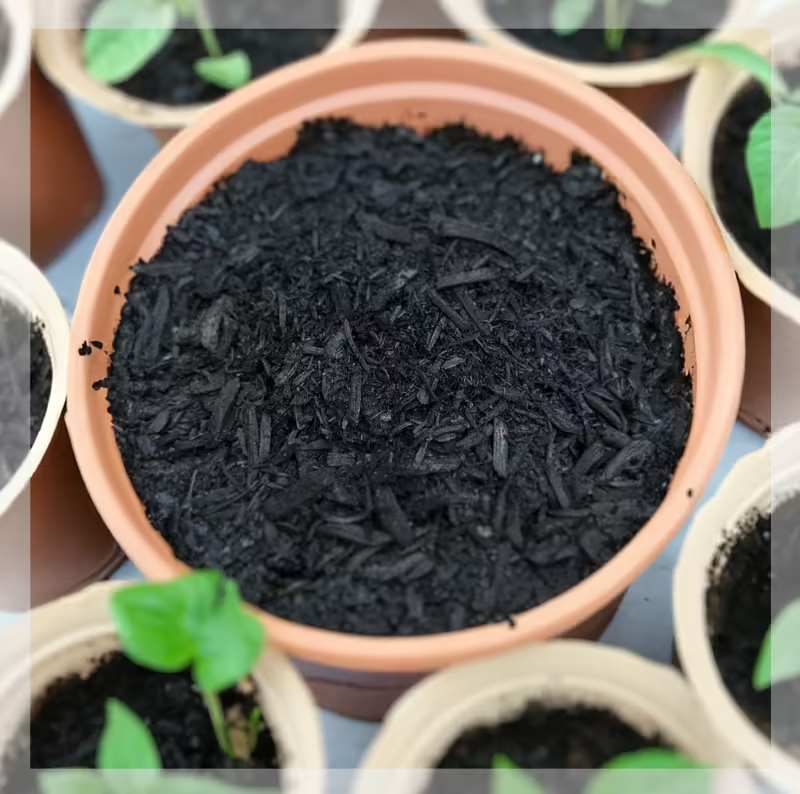
Calcified Seaweed
Calcified seaweed is a natural product made from crushed coral-like algae called maerl. It is an excellent slow-release source of calcium and magnesium. In a potting soil, it helps improve soil structure, feeds beneficial microorganisms, and balances soil pH. This makes it especially useful in creating healthy, peat-free houseplant soils that support year-round growth.
Coconut Coir
Coco coir is made from coconut husk fibre, a sustainable and renewable alternative to peat moss.
It holds water well, keeps soil light and airy, and resists compaction. Coir is an essential ingredient in most indoor plant soil mixes, particularly for tropical houseplants that need consistent moisture without becoming waterlogged.

Compost (Organic, Peat-Free)
Our organic peat-free compost is nutrient-rich and full of beneficial life. It provides a fertile base for soil mixes, feeding roots and supporting long-term growth. By choosing peat-free compost, we protect carbon-storing peatlands while offering a sustainable option for indoor gardening.
Dolomite Lime
Dolomite lime is a powdered mineral which gently raises soil pH and provides an accessible source of both calcium and magnesium. It’s often added to potting mixes for plants that dislike acidic conditions, ensuring nutrients remain available for healthy leaf and root development.
Epsom Salt
Epsom salt is a pure crystallised form of magnesium sulphate. Used sparingly in soil mixes, it prevents magnesium deficiencies, keeping leaves green and lush. It’s especially helpful for magnesium-hungry plants like citrus trees grown indoors in containers.
Expanded Clay (LECA)
Expanded clay is a lightweight, porous material, which we use in different sizes — grit (1–4 mm), medium pebbles (4–10 mm), and large pebbles (10–16 mm).
It’s a favourite for houseplant drainage layers, hydroponics, and potting mixes. Expanded clay improves aeration and prevents roots from sitting in water.
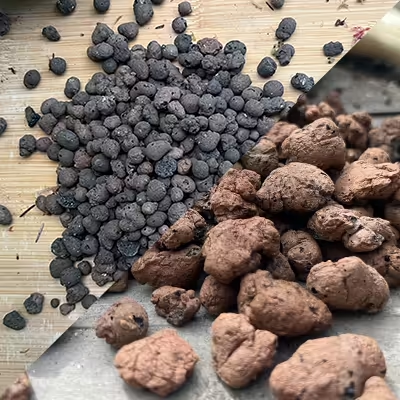
Lava Rock
Lava rock is highly porous, making it a fantastic addition to soils that need aeration.
It holds just enough moisture while keeping soil free-draining. Its gritty texture also helps stabilise roots in bonsai and terrarium planting.
We use red scoria, which also makes an attractive pot-topper.
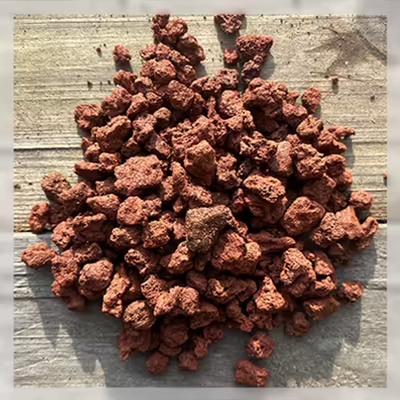
Limestone Flour
Limestone flour is a fine calcium carbonate powder that gently neutralises acidic soil. In our houseplant mixes, it helps balance pH while adding calcium for strong stems and healthy growth.
Perlite
Perlite is one of the most popular soil amendments. This natural volcanic glass “pops” when heated, into lightweight granules that keep mixes airy, well-drained, and root-friendly.
Perlite is a must-have for indoor potting soil mixes for tropical plants, succulents, and aroids alike.
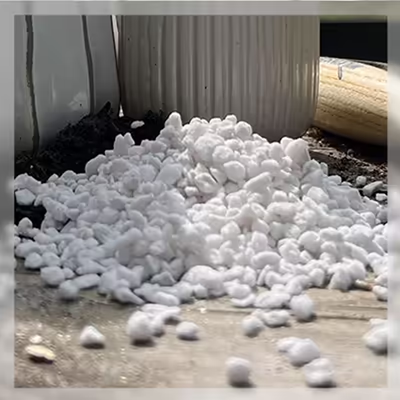
Pine Bark
We use high-quality sustainable British pine bark in three forms: medium orchid-grade (5–15 mm), chunky orchid-grade (15–35 mm), and matured potting-bark mulch.
Bark is one of the best ingredients for orchid soil mixes and chunky aroid blends.
It improves drainage, prevents compaction, and gives roots something to grip. It breaks down slowly, providing long-lasting structure.
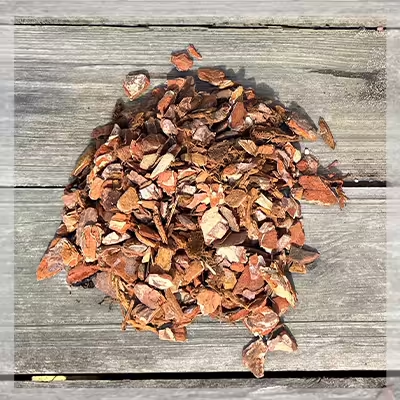
Pumice
Pumice is another volcanic mineral, heavier than perlite but equally porous. It improves drainage and aeration without floating to the top of pots when watered.
Pumice grit is especially prized in bonsai soil, orchid mixes, and succulent substrates for its stability and root-friendly texture. It makes a great pot-topper too!

Seaweed Meal (Ascophyllum nodosum)
Our seaweed meal is a brown algae sustainably harvested in the British Isles. It’s known to be an effective biostimulant, rich in trace minerals, natural growth hormones, and micronutrients.
In soil mixes, seaweed meal acts as a natural fertiliser and soil conditioner, boosting root health and plant resilience.

Sharp Sand
Sharp sand has angular grains that improve drainage and structure in soil mixes. Unlike builder’s sand, this horticultural sand is lime-free and safe for plants. It’s an essential ingredient in soil blends for many indoor plants such as succulents, cacti, and olives, where excellent drainage is key.
Sphagnum Moss
Sphagnum moss is soft, absorbent, and naturally antimicrobial. It holds moisture while allowing air to flow, making it perfect for propagation, terrariums, and moisture-loving houseplants.
Moss is a key ingredient in orchid culture and is often used as a top dressing to maintain humidity.
Our sphagnum is sustainably harvested in Wales and we use it both fresh and dried (we even dry it ourselves in our eco-friendly dryer).
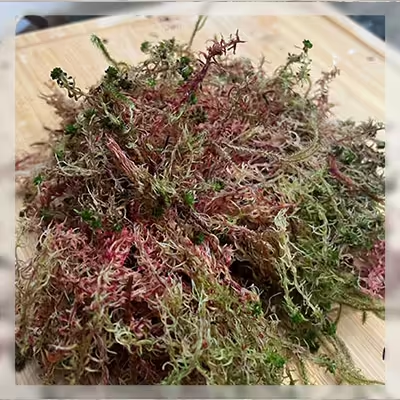
Vermiculite
Vermiculite is a super lightweight mineral that expands when heated to form a golden flakes. It holds water and nutrients well, making it ideal for seedlings and young houseplants that need consistent moisture.
Vermiculite is often used in propagation mixes and blended with perlite for balanced water retention.
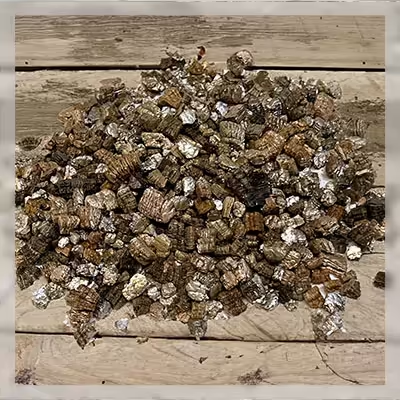
Volcanic Rock Dust
Volcanic rock dust is a natural by-product packed with trace minerals that slowly release into the soil, feeding both plants and beneficial microbes. It’s a natural way to enrich indoor potting soils and create long-term fertility for healthy houseplants. Our volcanic rock dust comes from Scottish quarries.
Worm Castings
Worm castings, or vermicompost, are nature’s ultimate fertiliser. They’re rich in nutrients, enzymes, and beneficial microbes that support strong, healthy growth.
As an ingredient in all of our houseplant soil mixes, worm castings provide a gentle, slow-release feed that improves soil structure and boosts plant immunity.
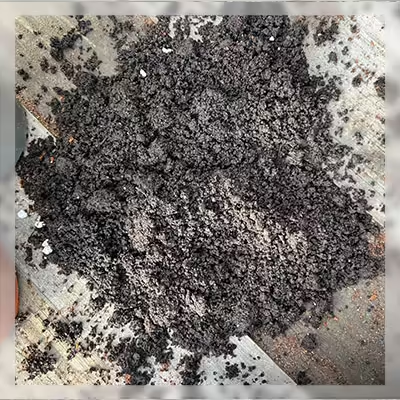
Making Your Own Houseplant Soil Mix
Understanding these ingredients is the first step to creating the perfect DIY soil mix for houseplants. Each component plays a role: some improve drainage, others hold moisture, and many provide essential nutrients. By combining them in the right proportions you can design a potting blend tailored to your plants, whether you’re growing lush tropicals, hardy succulents, or delicate orchids.
At Allgood Farm, we do the experimenting for you, blending these soil ingredients in small batches to create balanced, sustainable mixes. But if you love to experiment, this guide will help you choose the best ingredients for your own custom potting soil.
💡 Pro tip: The best houseplant soil mix usually includes a blend of:
- Drainage material (perlite, pumice, expanded clay, or lava rock)
- Moisture-holders (coco coir, sphagnum moss, vermiculite)
- Nutrition sources (compost, worm castings, seaweed meal, rock dusts)
With the right balance, your plants will grow healthier roots, resist disease, and thrive indoors for years to come.

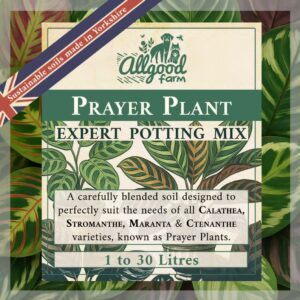
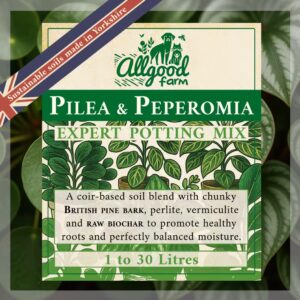
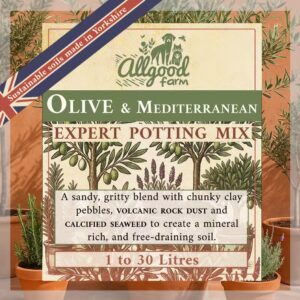
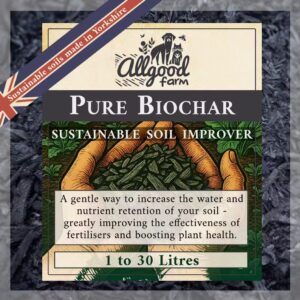
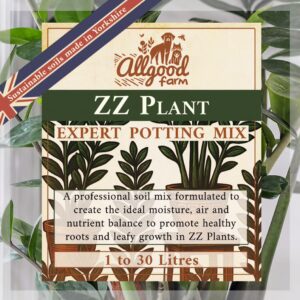

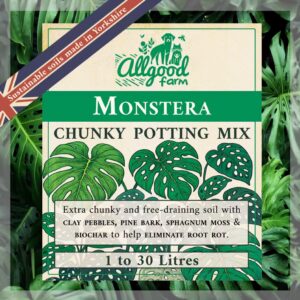
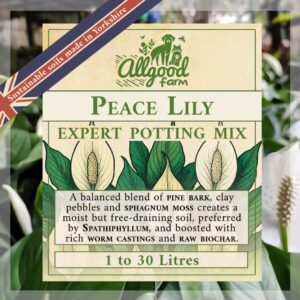
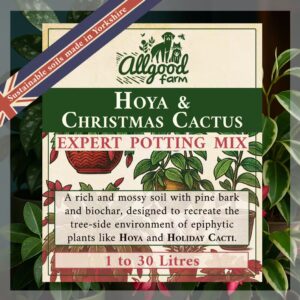
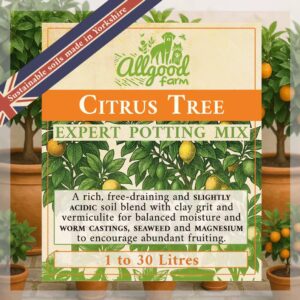
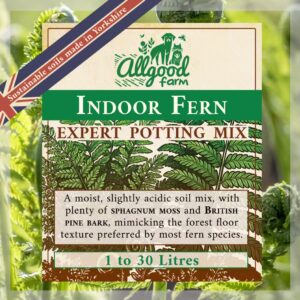
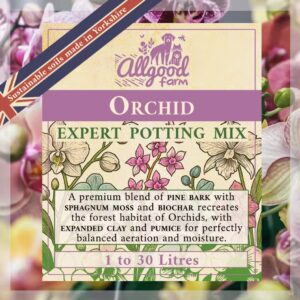
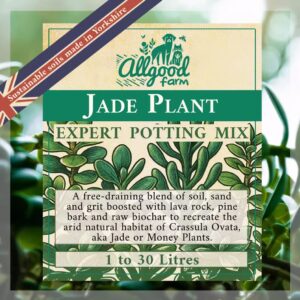
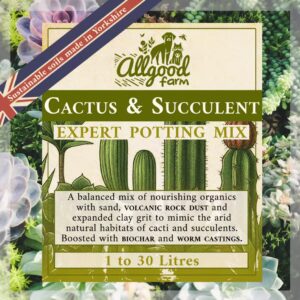
Leave a Reply